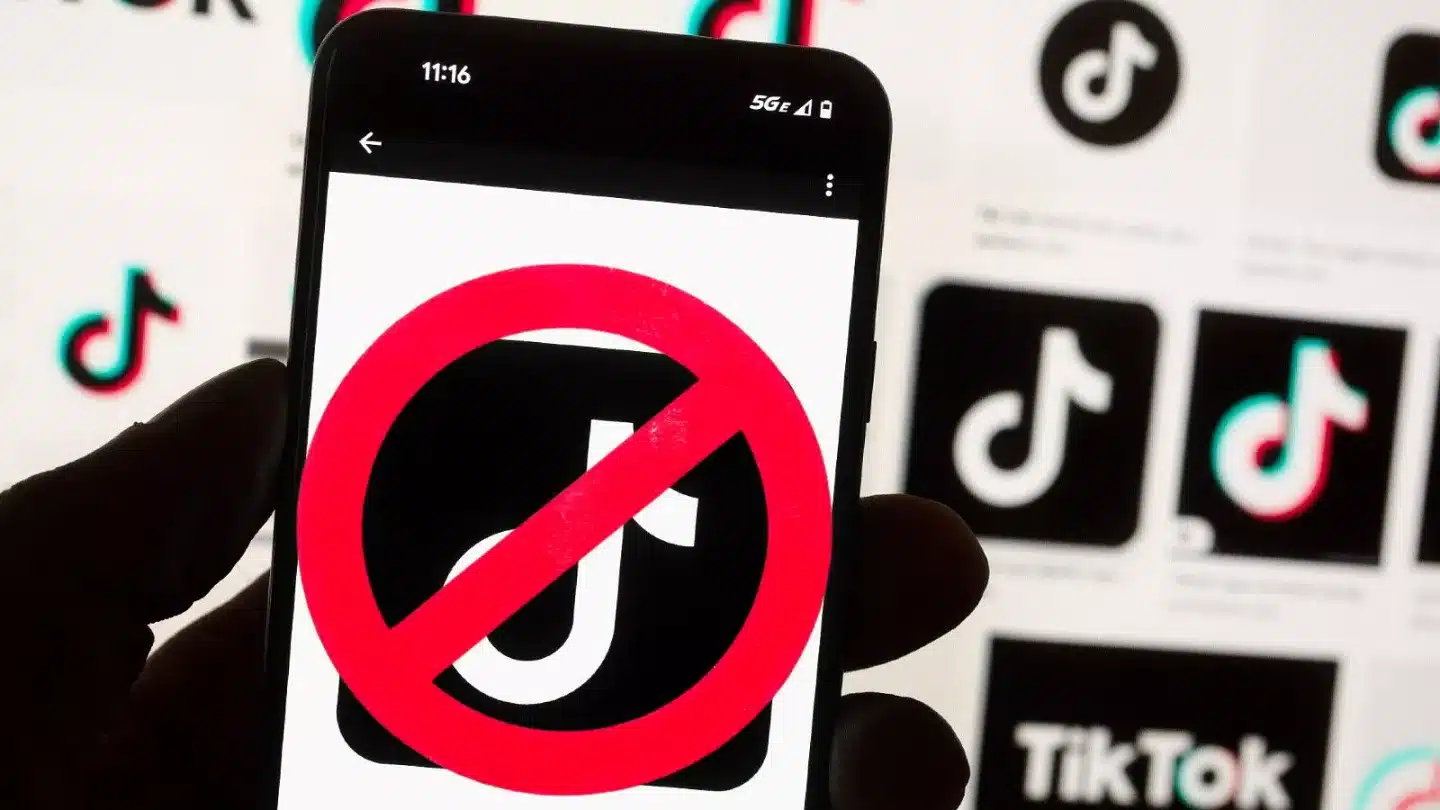New Zealand has joined a growing list of countries that are limiting the use of the video-sharing app TikTok on government-related devices due to cybersecurity concerns. The ban will apply to all devices with access to the country's parliamentary network by the end of March. Parliamentary Service Chief Executive Rafael Gonzalez-Montero said the decision was made based on advice from cybersecurity experts and discussions within government and with other countries. "Based on this information, the Service has determined that the risks are not acceptable in the current New Zealand Parliamentary environment,” he said.
New Zealand's defence force and Ministry of Foreign Affairs and Trade have already implemented bans on TikTok on work devices. A spokesperson for the New Zealand Defence Force said the move was a "precautionary approach to protect the safety and security" of personnel. Prime Minister Chris Hipkins said New Zealand operated differently from other nations, with departments and agencies following the advice of the Government Communications Security Bureau in terms of IT and cybersecurity policies. He added that special arrangements could be made for those who require the app to do their jobs.
The ban in New Zealand follows mounting global concerns about the potential for the Chinese government to access users' location and contact data through ByteDance, TikTok's Chinese parent company. This week, the Biden administration demanded that TikTok's Chinese owners divest their stakes or the app could face a US ban. Britain also banned the app on government phones with immediate effect, while US government agencies have until the end of March to delete the app from official devices.
TikTok has said it believes the recent bans are based on "fundamental misconceptions" and driven by wider geopolitics. The company added that it has spent more than $1.5 billion on rigorous data security efforts and rejects spying allegations. In response to the TikTok bans from Britain and New Zealand, Chinese foreign ministry spokesperson Wang Wenbin said the two countries should "stop over-extending and abusing the concept of national security, and provide a fair and non-discriminatory environment to companies from all countries."




















